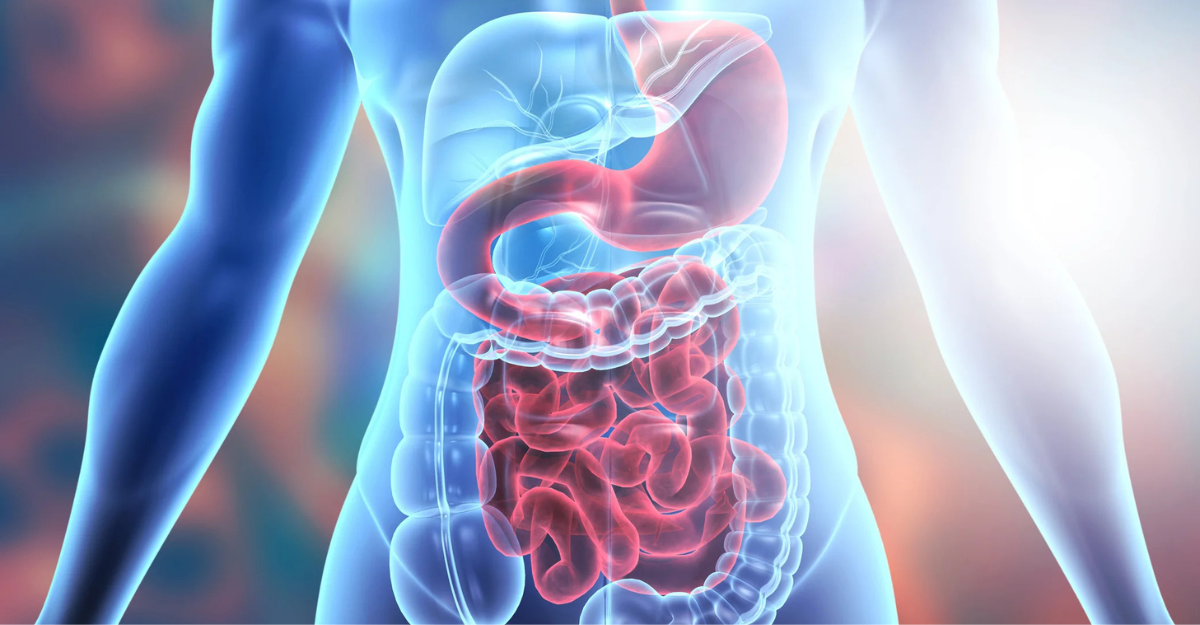
Daily Habits That Help Digestive Health
When it comes to your well-being, digestive health plays a far greater role than many realize. According to the World Gastroenterology Organisation, nearly 40% of the global population experiences digestive issues at some point in their lives—from bloating and indigestion to more serious conditions like gastritis or irritable bowel syndrome (IBS). The encouraging news is that much of your digestive health is influenced by daily habits, and small, consistent changes can make a significant difference.
1. Prioritize Fiber-Rich Foods
Fruits, vegetables, whole grains, and legumes are natural allies for your digestive system. Fiber keeps food moving smoothly through your intestines, prevents constipation, and supports a healthy gut microbiome. Aim for a balanced plate filled with colorful produce to give your digestive tract the fuel it needs.
2. Stay Hydrated
Water is essential for breaking down food and absorbing nutrients effectively. Dehydration can slow digestion and lead to constipation. A good rule of thumb is eight glasses of water a day, but your needs may vary depending on climate and activity level. Herbal teas and clear soups also contribute to fluid intake.
3. Eat Mindfully
Rushed meals can stress your digestive system. Chewing food thoroughly not only makes it easier to digest but also signals your stomach to release the right digestive enzymes. Eating slowly, avoiding distractions, and practicing portion control can prevent discomfort such as bloating and acid reflux.
4. Maintain a Regular Meal Schedule
Your gut thrives on routine. Skipping meals or eating irregularly disrupts digestive rhythms and can trigger acidity or irregular bowel movements. Try to eat at consistent times each day to help your digestive system work in harmony.
5. Stay Physically Active
Movement stimulates the muscles of your gastrointestinal tract, aiding smoother digestion. Even a 20–30 minute walk after meals can help reduce bloating and speed up metabolism. Regular exercise also supports a healthy weight, which lowers the risk of acid reflux and gallstones.
6. Manage Stress
Your brain and gut are closely connected through the gut-brain axis. High stress levels can trigger indigestion, IBS flare-ups, or stomach discomfort. Simple practices like deep breathing, meditation, or yoga can calm the mind and ease digestive strain.
7. Get Enough Sleep
Poor sleep disrupts hormone regulation, appetite control, and digestion. Aim for 7–8 hours of restful sleep each night to give your body the time it needs to reset and repair.
8. Limit Processed Foods and Excessive Caffeine
Highly processed foods, fried meals, and excess caffeine or alcohol can irritate your gut lining. Choosing fresh, home-cooked meals and moderating stimulants supports smoother digestion and overall wellness.
Conclusion
Your digestive system works tirelessly every day to keep your body nourished and energized. By making mindful choices—what you eat, how you move, and how you manage stress—you give your gut the care it deserves. If you’ve been experiencing persistent issues like acidity, bloating, or irregular bowel movements, it’s best not to ignore them.
For expert evaluation and personalized digestive care, consult Dr. Santosh Anand, who specializes in advanced gastroenterology solutions tailored to your needs. A healthier gut is just one positive habit away.

